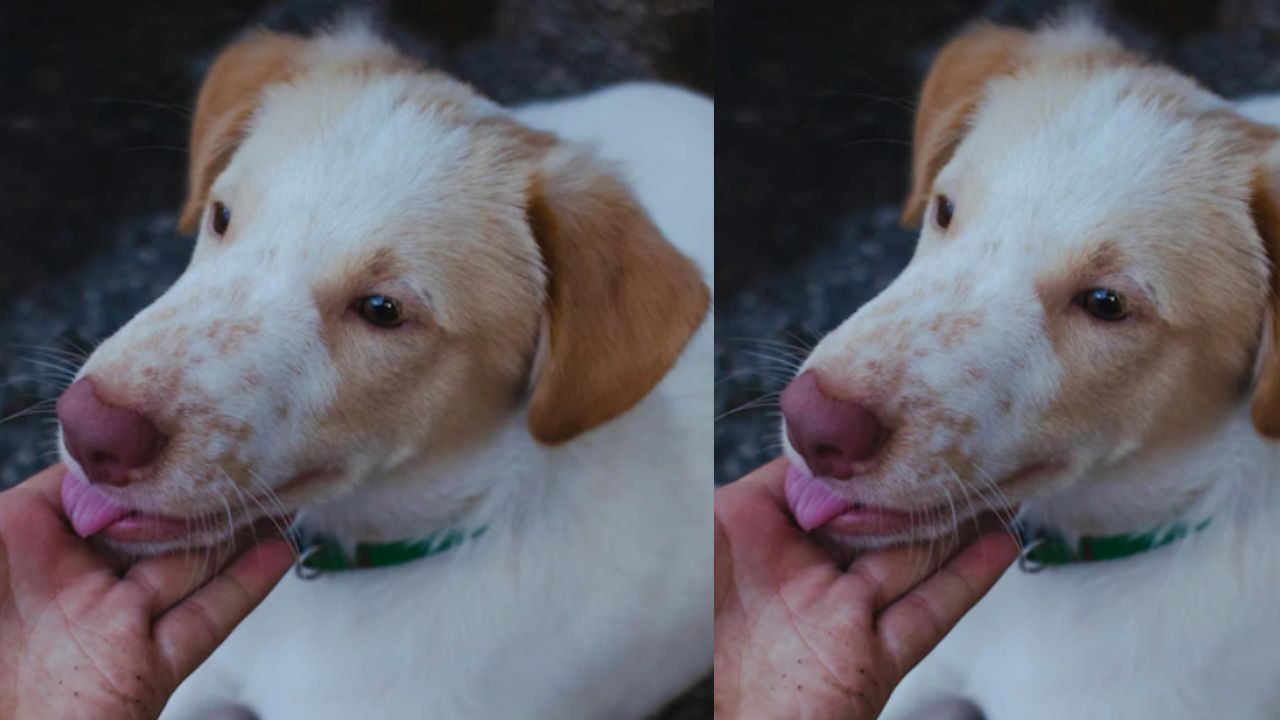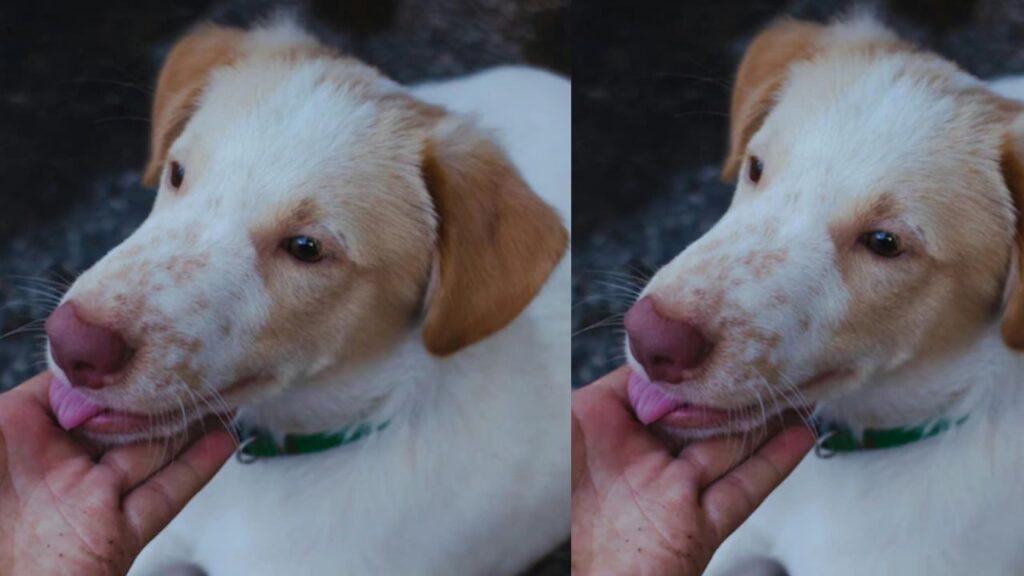
Deadly Lick: UK Woman Dies After Dog Licks Her — The Rare Infection You Need To Know About
In a shocking and tragic incident that has left both the medical and pet-loving communities stunned, a UK woman has died after being licked by her pet dog. While it may sound like a bizarre accident at first, the cause behind her death reveals a rare but deadly bacterial infection that most pet owners are unaware of.
Here’s a detailed look at what exactly happened, what the science says, and how you can protect yourself and your furry friends.
The Tragic Case: A Simple Act Turns Fatal
According to reports from UK health authorities, the woman — believed to be in her early 60s and otherwise healthy — fell seriously ill just days after her dog licked her. What followed was a sudden onset of fever, confusion, and severe sepsis, which quickly escalated. Despite receiving intensive care, she passed away in the hospital within a few days.
Medical tests confirmed the presence of a rare bacterium called Capnocytophaga canimorsus — a microorganism commonly found in the saliva of healthy dogs and cats.
What Is Capnocytophaga canimorsus?
- Capnocytophaga canimorsus is a gram-negative bacterium that naturally exists in the mouths of dogs and cats.
- It typically poses no harm to the animals themselves, but it can cause severe infections in humans, especially if introduced through bites, scratches, or even saliva entering open wounds or mucous membranes.
- In this case, experts believe the bacterium entered the woman’s bloodstream via a small cut on her skin or potentially through contact with her face or eyes.
Why This Infection Is So Dangerous
Although rare, Capnocytophaga infections can be extremely fast-acting and deadly, particularly in:
- People over the age of 55
- Individuals with weakened immune systems
- Those with chronic illnesses, such as diabetes or liver disease
- People who have had their spleen removed
The bacteria can lead to:
- Sepsis (blood poisoning)
- Meningitis
- Endocarditis (heart inflammation)
- Tissue necrosis, sometimes requiring amputation
The mortality rate for serious Capnocytophaga infections can be as high as 30%, even with treatment.
Can This Happen To Any Dog Owner?
It’s important to stress: this is an extremely rare occurrence. Millions of people around the world interact with their pets daily, and cases like this remain exceptionally uncommon.
However, it’s a reminder of the hidden risks of close contact, especially for vulnerable individuals. Most people can safely let their pets lick them — but caution is advised if:
- You have open wounds, cuts, or recent surgeries
- You’re immunocompromised
- You feel ill after contact with pets
What Experts Recommend: Prevention Tips
Veterinary and infectious disease experts recommend the following steps to stay safe:
Avoid letting pets lick your face, mouth, or open wounds
Wash hands thoroughly after playing with pets
Disinfect minor bites or scratches immediately
Visit a doctor if you feel unwell after close contact with a dog or cat, especially if symptoms like fever, fatigue, vomiting, or confusion appear
Inform your doctor of any pet exposure if you’re hospitalized

For people at high risk, consulting with your physician or vet about safe pet interaction habits is crucial.
The Internet Reacts: Grief and Awareness
Social media has seen an outpouring of grief for the woman’s family, along with heightened awareness and concern among dog owners. While many users expressed disbelief that such a thing could happen from a dog’s lick, health professionals took to Twitter and Instagram to share educational threads and infographics about Capnocytophaga.
A trending comment said it best:
“I never thought a simple lick could be lethal. Thanks for the awareness — time to be more mindful, not fearful.”
Love Your Dog, But Stay Informed
This tragic case serves as a sobering reminder that while our pets offer unconditional love, even the most affectionate gestures can carry hidden health risks. Licking is a sign of trust and bonding in dogs, but for humans, it should come with boundaries — especially if you belong to a vulnerable group.
Stay educated, stay cautious, and continue to love your furry companions — just with a little more awareness.
If you or a loved one feel unwell after an animal bite or unusual contact with a pet, seek medical attention immediately. Early intervention can be life-saving. READ FILMY






